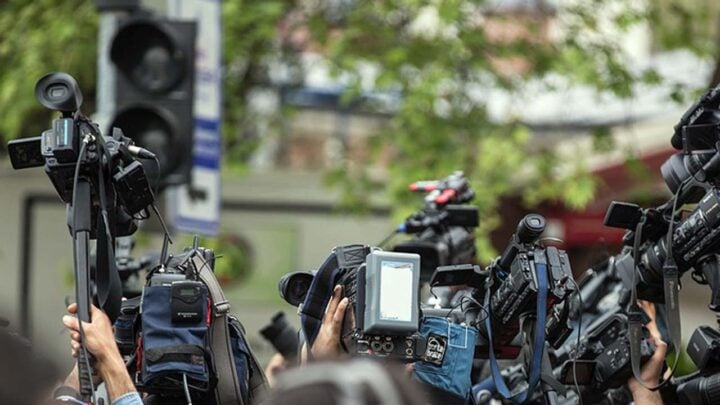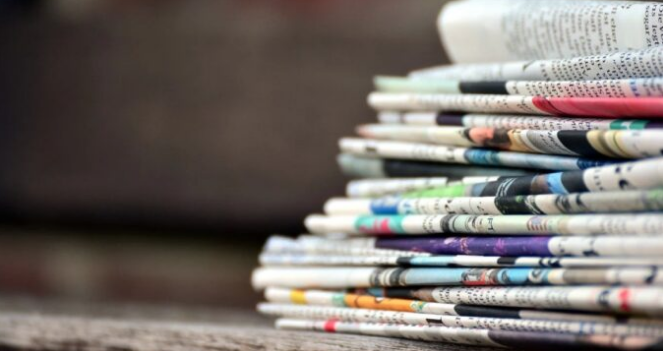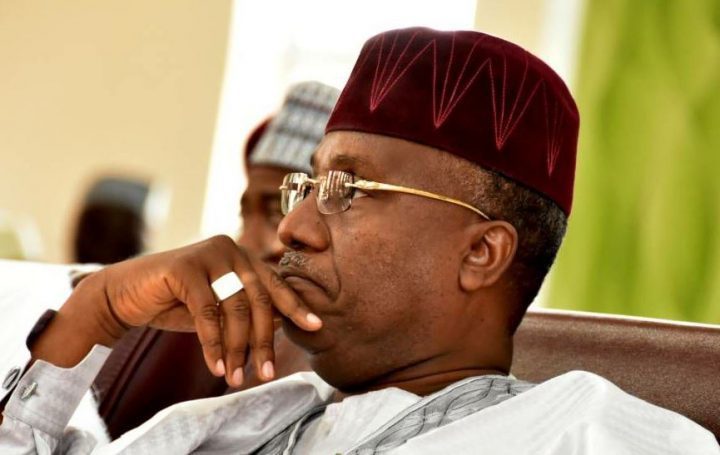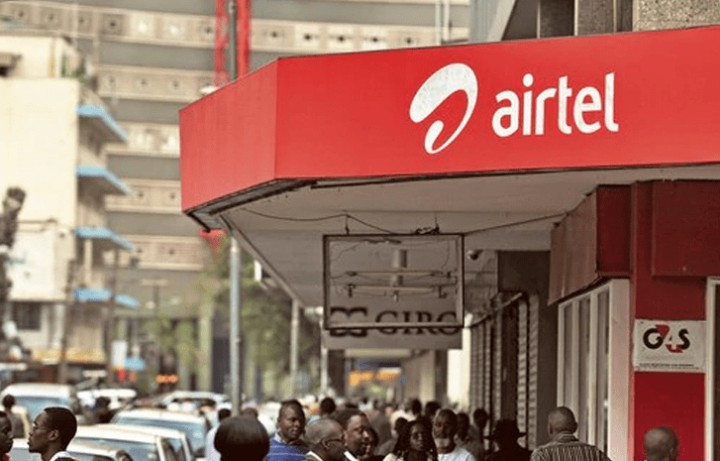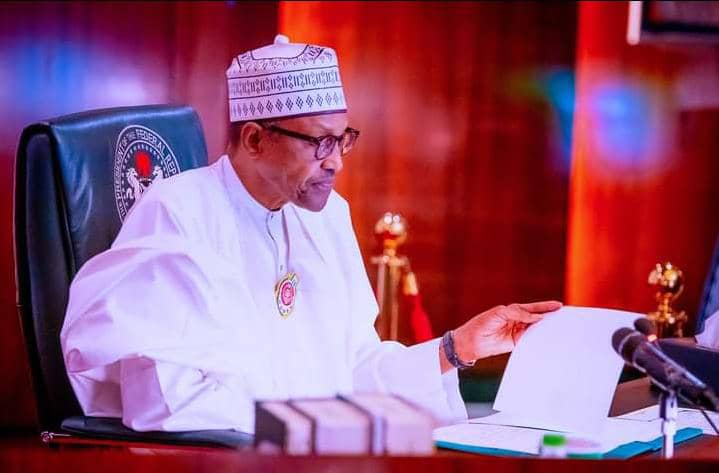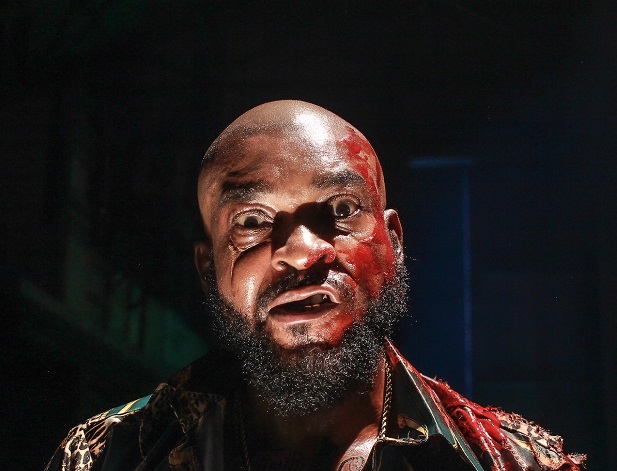The International Press Centre (IPC) says 250 journalists were “harrassed” during coverage of the 2019 general election.
Lanre Arogundade, executive director of the IPC, said this on Tuesday at a presentation of the IPC’s analysis of the 2022 election reportage by 15 print and online newspapers.
The print newspapers are The Guardian, The Punch, Daily Sun, Vanguard, ThisDay, Nigerian Tribune, The Nation, Leadership, Daily Trust, and Daily Independent.
The online media are: TheCable, Premium Times, Eagle Online, RealNews, and the Authority.
Advertisement
Arogundade said the essence of the event was for journalists to evaluate how well they are doing in covering the ongoing electoral process and elections.
“We’re using this occasion to draw the attention of INEC, government, security agencies, and the political parties to their own responsibilities, if they want us to cover these elections effectively,” he said.
Speaking further, the executive director said another purpose of the event is to talk about safety of journalists while covering elections.
Advertisement
“If you’re being asked to cover election in an area where there is likelihood of violence, even if there will be no violence, as individual journalists, we have the right to demand insurance cover from our employers because anything can happen,” he said.
“Though no journalist was killed on election day in 2019, 250 were molested across the country including some of them who were accredited, particularly by overzealous law enforcement agencies.
“Among the 250 were those who were also attacked while covering campaign activities.
“We’re appealing to the law enforcement and security agencies, what happened in 2019 should not repeat itself. If a journalist is accredited, they should not be harassed in any way.
Advertisement
“As we move towards the 2023 general election, we’re also going to be monitoring the situation of journalists. And we’re also calling on journalists to report any threats or attack.”
Also speaking, Abigail Ogwezzy-Ndisika, a professor at the department of mass communication, University of Lagos, said while the media’s reporting of the electoral process is satisfactory, reportage needs to be more inclusive.
“From the report, we found that we gave little voice to women, people with disabilities, youths and people in hard-to-reach areas,” she said.
“We should make our stories multimedia so we can speak to the non-literate people in the rural areas. So, essentially, we need to be deliberate about inclusivity in our reportage.”
Advertisement
Add a comment
